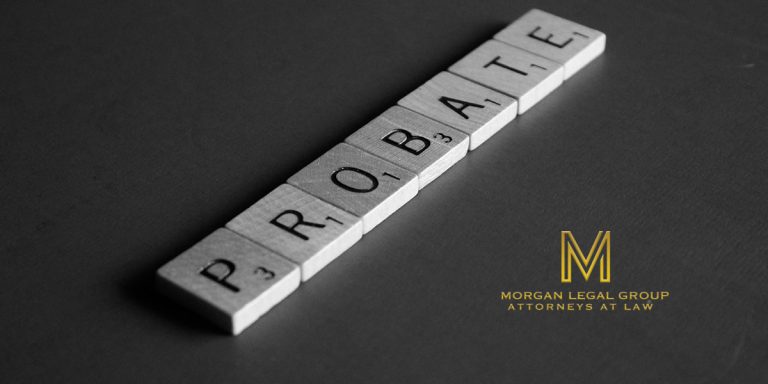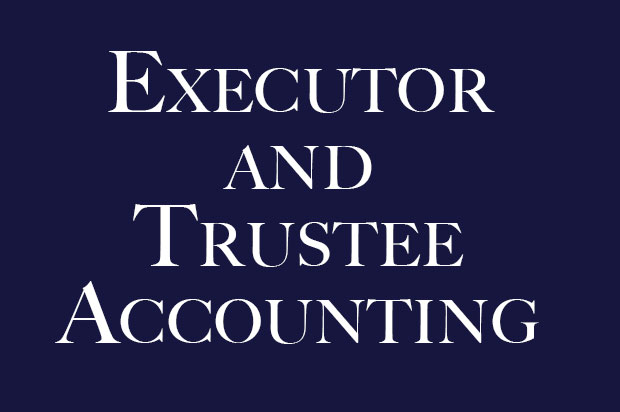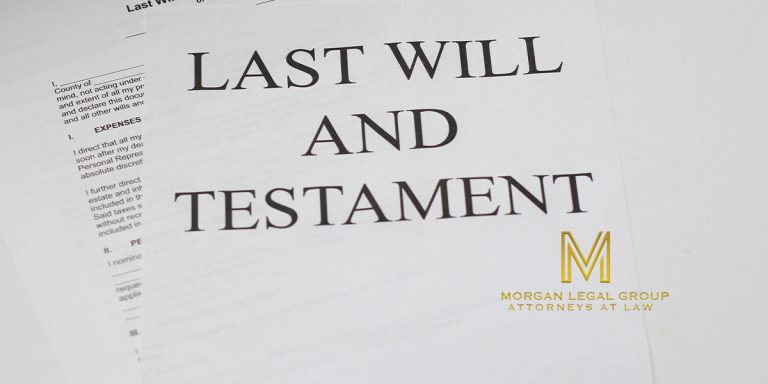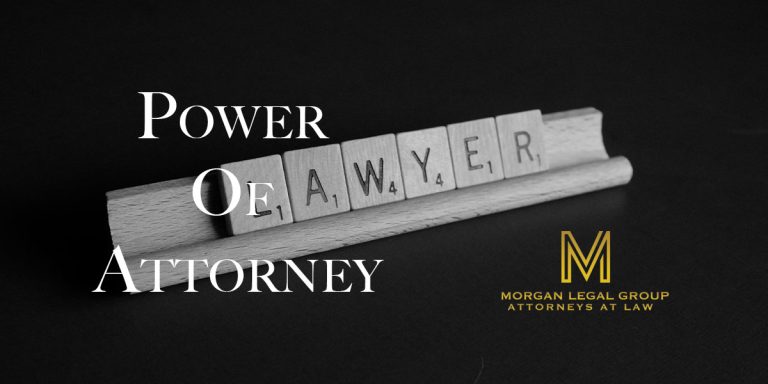
Wills and Trusts
Wills and Trusts in New York Welcome to Morgan Legal Group P.C., your trusted source for comprehensive estate planning solutions in New York. Our experienced


Home » Estate Planning » Page 23

Wills and Trusts in New York Welcome to Morgan Legal Group P.C., your trusted source for comprehensive estate planning solutions in New York. Our experienced

Types of Probate in New York Welcome to Morgan Legal Group P.C., your trusted source for legal guidance on the various types of probate in

Expert Immigration Services in New York Welcome to Morgan Legal Group P.C., your trusted partner for expert Immigration Services in New York City. Our experienced

Comprehensive Family Law Services Welcome to Morgan Legal Group P.C., your trusted partner for comprehensive Family Law services in New York City. Our experienced team

Common Challenges Faced During The Probate Process Welcome to Morgan Legal Group P.C., your trusted resource for understanding the common challenges that individuals and families

All About Trust and Estate Litigation in New York Welcome to Morgan Legal Group P.C., your trusted source for a comprehensive guide on Trust and

All About Trust Administration in New York Welcome to Morgan Legal Group P.C., your trusted source for in-depth information on Trust Administration in the state

All About Retirement Planning in New York Welcome to Morgan Legal Group P.C., your trusted resource for comprehensive information on Retirement Planning in the state

All About Executor and Trustee Accounting in New York Welcome to Morgan Legal Group P.C., your trusted source for comprehensive insights into Executor and Trustee

All About Estate Administration in New York Welcome to Morgan Legal Group P.C., your trusted source for comprehensive information on Estate Administration in the state

All About Estate and Trust Taxes in New York Welcome to Morgan Legal Group P.C., your trusted resource for in-depth knowledge on Estate and Trust

All About Charitable Planning in New York Welcome to Morgan Legal Group P.C., your trusted source for in-depth information on Charitable Planning in the vibrant

All About Business Formation in New York Welcome to Morgan Legal Group P.C., your trusted source for comprehensive information on Business Formation in the state

All About Business Succession Planning in New York Welcome to Morgan Legal Group P.C., your trusted source for comprehensive information on Business Succession Planning in

All About Medicaid Planning in New York Welcome to Morgan Legal Group P.C., your trusted source for in-depth information on Medicaid Planning in the state

All About Elder Law in New York Welcome to Morgan Legal Group P.C., your trusted source for comprehensive information on Elder Law in the state

All About Power of Attorney in New York Welcome to Morgan Legal Group P.C., your trusted source of information and guidance on the crucial topic

All About Guardianship in New York Welcome to Morgan Legal Group P.C., your trusted source of information and guidance on the complex topic of guardianship

All About Probate in New York Welcome to Morgan Legal Group P.C., your trusted source of information and guidance on the intricate process of probate

All About Asset Protection in New York Welcome to Morgan Legal Group P.C., your trusted partner in navigating the intricate landscape of asset protection in

All About Wills and Trusts Welcome to Morgan Legal Group P.C., your trusted partner for expert guidance on estate planning, Wills, and Trusts in New

Last Will and Testament Welcome to Morgan Legal Group P.C., your trusted source for expert legal advice in New York City. This article will provide

Probate and Estate Administration Welcome to Morgan Legal Group P.C., your trusted legal advisors in New York City. In this comprehensive guide, we’ll take you

Understanding the Power of Attorney Welcome to Morgan Legal Group P.C., your trusted source for legal guidance in New York City. In this article, we

The 7 Steps in the Estate Planning Process Welcome to Morgan Legal Group P.C., your trusted partner in guiding you through the intricate and crucial

Estate Planning and Probate Attorney Welcome to Morgan Legal Group P.C., your trusted partner for estate planning and probate matters in beautiful Orange County, New

Estate Planning and Probate Attorney Welcome to Morgan Legal Group P.C., your dedicated legal partner for estate planning and probate matters in picturesque Ulster County,

Estate Planning and Probate Attorney Welcome to Morgan Legal Group P.C., your dedicated legal partner for estate planning and probate matters in the beautiful Suffolk

Estate Planning and Probate Attorney Welcome to Morgan Legal Group P.C., your dedicated legal partner for estate planning and probate matters in the vibrant city

Estate Planning and Probate Attorney Welcome to Morgan Legal Group P.C., your dedicated legal partner for estate planning and probate matters in the picturesque Westchester
Ⓒ 2025 - All Rights Are Reserved | Privacy Policy | Estate Planning Attorney NYC | Sitemap